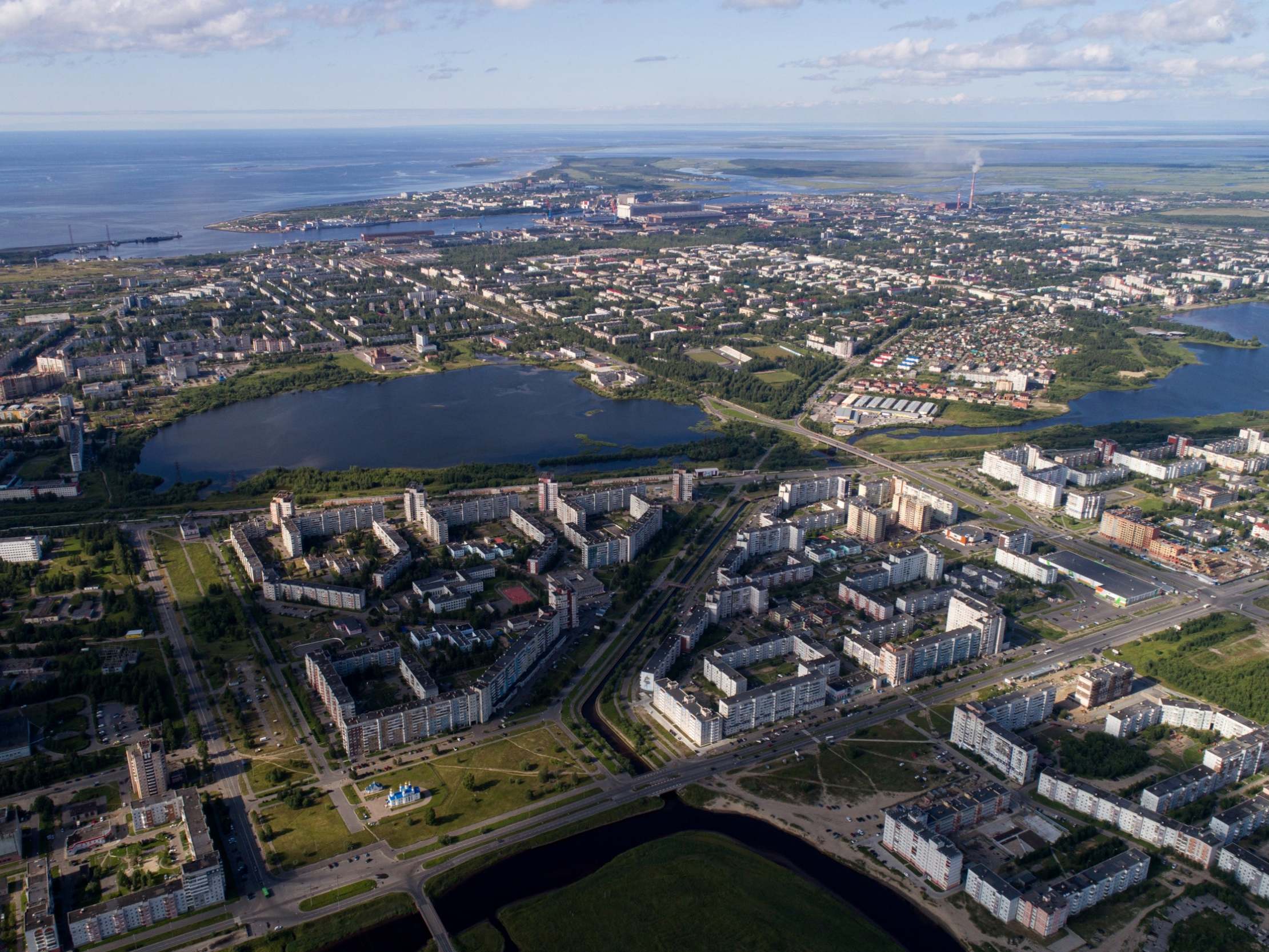Russian nuclear agency admits role in deadly missile blast that caused radiation spike
Experts believe blast could be caused by failed test of experimental nuclear missile Putin described as ‘invincible’

Russia’s state nuclear agency confirmed five of its employees were killed in an explosion at a military site that sparked radiation fears.
The accident occurred while testing “isotopic power sources in a liquid propulsion system”, state nuclear agency Rosatom said in a statement.
US-based nuclear experts believe Rosatom may have been testing an experimental nuclear-powered cruise missile, which Vladimir Putin last year claimed to be “invincible against all existing and prospective” defence systems.
While officials have been deliberately obscure, data from Russia’s Emergencies Ministry showed radiation levels had risen 20 times above the normal level in the northern city of Severodvinsk, Greenpeace said.
The city’s municipal website initially stated no harmful chemicals were released and radiation levels were unchanged, before reporting a brief spike. The statement had been taken down on Friday.
Those living near Severodvinsk were said to be stocking up on iodine pills, used to reduce the effects of exposure.
Russian media suggested the blast could have occurred at Nyonoksa, a military site just 30km from Severodvinsk used to test weapons, including ballistic and cruise missiles employed by the Russian navy.
Authorities had previously said two people had been killed in the incident and that a nearby city had reported a rise in radiation levels when a liquid propellant rocket engine blew up at a testing site in the Arkhangelsk region on Thursday.
They said after the incident they had shut down part of a bay in the White Sea, although public shipping information from the port of Arkhangelsk showed the area had been closed for the preceding month. It did not say why.
Two US-based experts questioned the assertion the victims had been working on a liquid rocket propellant, as such a system would not release radiation.
They said the radiation suggests they may have been working on an experimental missile with a nuclear propulsion system, which Russia calls 9M730 Buresvestnik.
A senior Trump administration official speaking to Reuters could not confirm or deny whether the victims were working on such a system, but expressed deep scepticism over Moscow’s explanation.
“We continue to monitor the events in the Russian far north but Moscow’s assurances that ‘everything is normal’ ring hollow to us,” said the official.
“This reminds us of a string of incidents dating back to Chernobyl that call into question whether the Kremlin prioritises the welfare of the Russian people above maintaining its own grip on power and its control over weak corruption streams.”
The official was referring to the 1986 explosion in the former Soviet republic of Ukraine, which released radioactive airborne contamination for about nine days.
Moscow delayed revealing the extent of what is regarded as the worst nuclear accident in history.
“The bright memory of our comrades will forever remain in our hearts,” Rosatom’s Friday statement said, revealing three others were suffering burns and various injuries.
Additional reporting by Reuters
Join our commenting forum
Join thought-provoking conversations, follow other Independent readers and see their replies
Comments
Bookmark popover
Removed from bookmarks